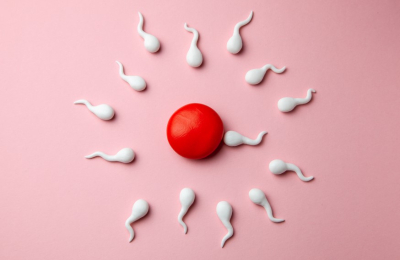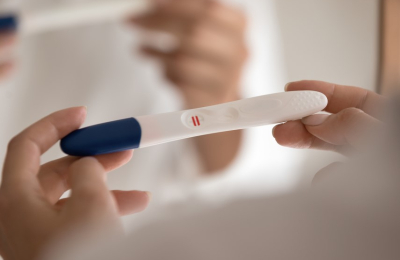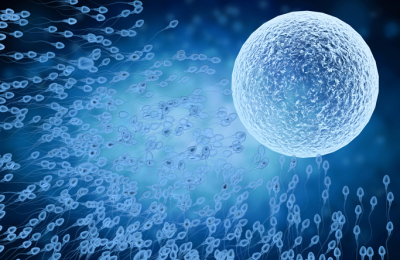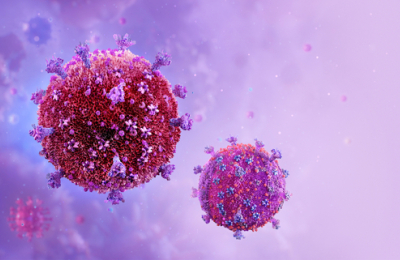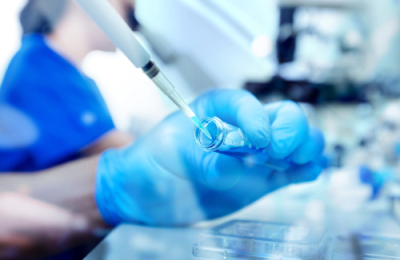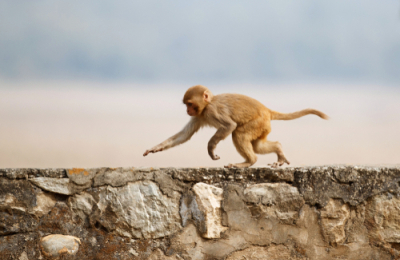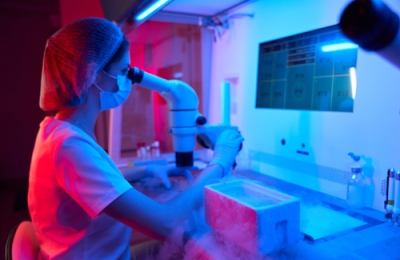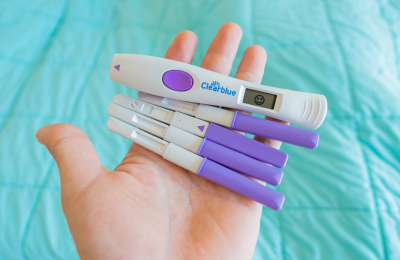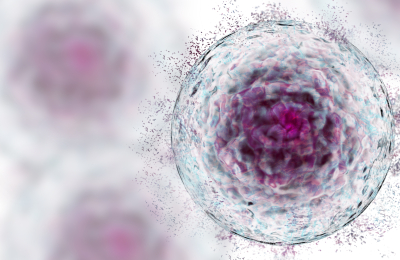
Image source Jan Swilling, Najin and Fatu are the world's last northern white rhinos
The potential preservation of the northern white rhino from extinction has been offered hope through a significant advancement in fertility. Currently, there are only two individuals of this species remaining on the planet. Scientists have accomplished a ground breaking feat by achieving the first-ever rhino pregnancy through in vitro fertilization (IVF). This success entailed the transfer of a laboratory-created rhino embryo into a surrogate mother.
The procedure was conducted using southern white rhinos, a closely related sub-species of the northern whites. The subsequent objective is to replicate this process with northern white embryos. The embryo transfer was executed by employing a surrogate southern white rhino mother. Previously, northern white rhinos inhabited various regions of central Africa. However, illegal poaching, driven by the demand for rhino horn, resulted in the eradication of the wild population. Currently, only two rhinos remain, Najin and her daughter Fatu, both of which are strictly safeguarded at the Ol Pejeta Conservancy in Kenya. Due to their inability to reproduce, the species is technically considered extinct. Nonetheless, the Biorescue team has turned to pioneering fertility science to revive these animals from the brink of extinction. Their initial efforts have focused on southern white rhinos. This closely related relative of the northern whites boasts a population numbering in the thousands, which is considered a conservation triumph despite the continued threat of illicit hunting.
Over the course of several years, the project has encountered numerous challenges, including the extraction of eggs from these two-tonne creatures, the creation of rhino embryos in a laboratory setting, and the determination of the optimal time and method for implantation. The Biorescue team has dedicated significant time and effort to refine the process of creating and transferring a rhino embryo. It took 13 attempts before the first successful IVF pregnancy was achieved using southern white rhinos. The embryo, created using an egg from a female southern white rhino from a zoo in Belgium and fertilized with sperm from a male in Austria, was then transferred into a southern white surrogate female in Kenya, resulting in a successful pregnancy. However, this triumph was accompanied by tragedy. Regrettably, the surrogate mother succumbed to an infection caused by Clostridia bacteria found in the soil. This unfortunate event occurred 70 days into the pregnancy. An autopsy revealed that the 6.5cm male fetus was progressing well and had a 95% chance of being born alive.
This incident demonstrated the efficacy of the technique and the possibility of achieving a viable pregnancy through rhino IVF. The subsequent step involves attempting this procedure with northern white rhino embryos. Currently, there are only 30 of these invaluable embryos in existence, stored in liquid nitrogen in Germany and Italy. They were created using eggs harvested from Fatu, the younger female in Kenya, and sperm collected from two deceased male northern white rhinos.
Source - BBC News, article by Rebecca Morelle and Alison Francis - https://www.bbc.co.uk/news/science-environment-68064432





















